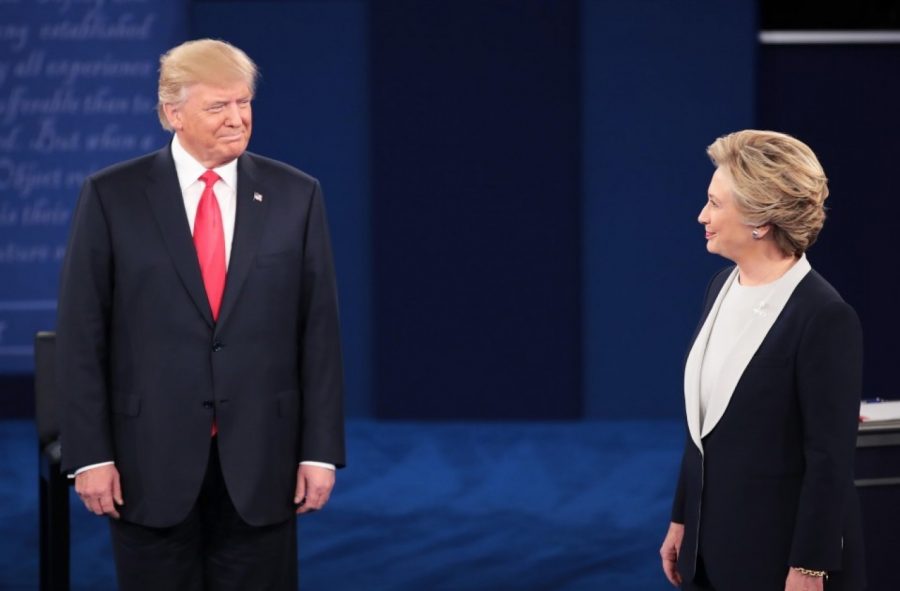What if?
November 9, 2016
What If Neither Candidate Wins?
Never before has the United States of America seen an election where the two main party candidates have been so disliked. With this dislike there have been many people who have turned away from the two leading candidates hoping to find a better option among third parties. This raises an interesting question what happens if the same holds true in the Electoral College? What happens if neither candidate wins?
To win the presidency of the United States a candidate must garner 270 of the 538 electoral votes. However what happens if neither candidate reaches that mark?
For the sake of examining the issue let’s look at CNN’s electoral prediction. Of course it is only a prediction and has no standing on who will really win the election come Tuesday, but that’s not really the point. As of now CNN is predicting Hillary Clinton to defeat Donald Trump 268 votes to 204. While Secretary Clinton would technically beat Mr. Trump, she would not win the presidency.
Supposing CNN’s prediction holds true on November 8th and neither candidate gains 270 electoral votes, it would then be up to the House of Representatives to decide the country’s next president.
This is how that process would work according to the National Archives:
“If no candidate receives a majority of Electoral votes, the House of Representatives elect the President from the 3 Presidential candidates who received the most Electoral votes. Each state delegation has one vote. The Senate would elect the Vice President from the 2 Vice Presidential candidates with the most Electoral votes. Each Senator would cast one vote for Vice President. If the House of Representatives fails to elect a President by Inauguration Day, the Vice-President Elect serves as acting President until the deadlock is resolved in the House.”
So what is the chance of this happening? Not likely, because of the way the Electoral College with its winner takes all system, it would require third party candidates such as Gary Johnson and Jill Stein to actually win entire states. The last time a third party candidate won a state was in 1968 when George Wallace carried Mississippi, Alabama, Georgia, Louisiana and Missouri. It is entirely about winning states when it comes to the Electoral College. Perhaps the most famous example is Ross Perot, when Perot made his run in 1992 he achieved 18.9% of the popular vote but did not win a single state, therefore not gaining a single electoral vote.
While this isn’t an ordinary situation, this hasn’t been any ordinary election.


